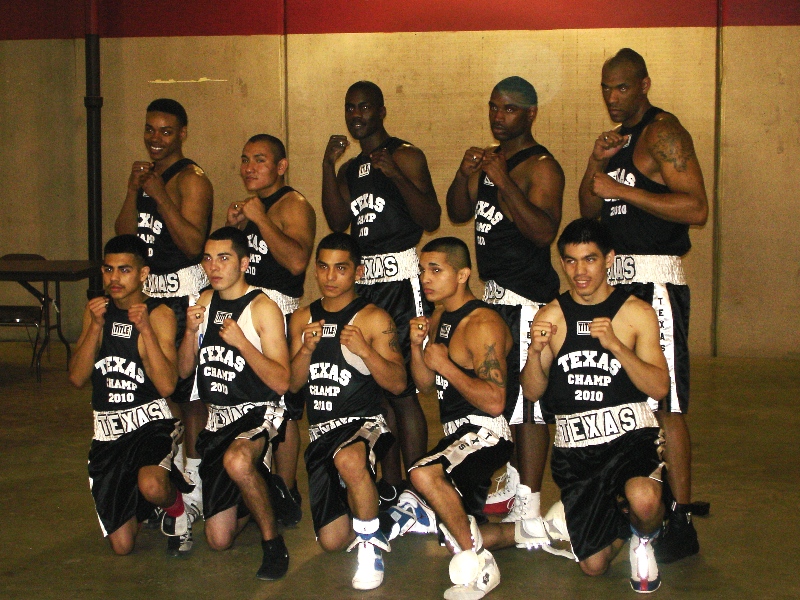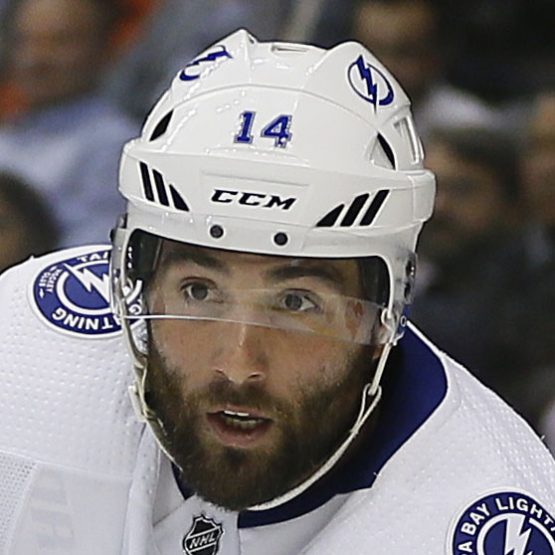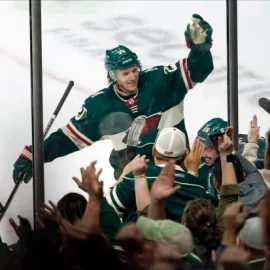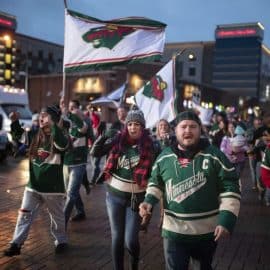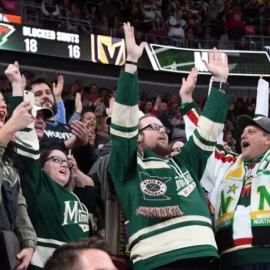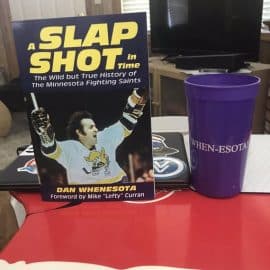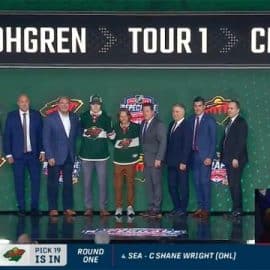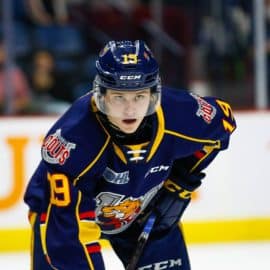
You’ve probably heard the phrase of “too many cooks in the kitchen” which applies to situations where you have too many people with ideas in a small area with little getting accomplished. After reading an article in the Hockey News‘ 2014 Season Commemorative Issue by writer Adam Proteau entitled “Philadelphia Needs Liberty.” In the article, Proteau explains that the success of teams like Chicago and Los Angeles are due in part because ownership was smart enough to stay out of the hockey operations business and allow their talented staff of General Managers, Assistant General Managers, Coaches, etc take care of the hockey decisions without being crowded, influenced or pressured by overbearing owners. The article more or less portrays Philadelphia Flyers owner Ed Snider as an NHL version of the NFL’s (and Dallas Cowboys owner) Jerry Jones by implying he is micromanaging his team into mediocrity instead of letting those he hired take care of the hockey by themselves. To be honest, I don’t follow Philadelphia close enough to confirm or deny that being true. Proteau insists that owners should not insist on making those ‘hockey decisions’ because afterall that’s why they hired people to make those choices in the first place. On the outside, that might seem like a sensible statement to make.

Proteau went onto say that there were other clubs in the league whose owners were “too involved” and insisted they’d be far better off if they followed Chicago or Los Angeles’ laissez faire approach instead. That got me thinking, is the Minnesota Wild one of these teams where its owner is too involved in making hockey decisions? Does Craig Leipold need to ‘step off’ a bit and let the team run itself or is his participation healthy and even beneficial to the direction of the club? So I decided to do a little research and see if this was true in the State of Hockey.

First, a little history on the Wild’s owner. One thing that is abundantly obvious about Craig Leipold is that he truly is a hockey fan. Back in 1997, he purchased an NHL expansion franchise which became the Nashville Predators. Leipold was often seen in the stands and the concourses of the Predators’ arena and was noted for being approachable and responsive to the fans. Unfortunately for Leipold, a lack of corporate support led to mediocre ticket sales and despite a fanbase who embraced the game passionately he felt compelled to sell the team after claiming to have lost more than $70 million since he purchased the club. After the first 5 seasons where the club had failed to make the playoffs, and raising season ticket prices that season he once made a pledge to Predators fans to refund that difference if the team didn’t make the playoffs for a 6th year in a row. True to his word, the Predators didn’t make the playoffs and he refunded those season ticket holders. Leipold did show a loyalty to the city and fans of the Predators by making sure the team’s new ownership agreed to keep the team in Nashville. If he didn’t care he could’ve taken more money and sold it to Canadian businessman Jim Balsillie who immediately started trying to sell season-ticket packages in Hamilton, Ontario as he hoped to relocate the franchise upon his purchase. Not long after selling the Predators, Leipold bought the majority stake of the Minnesota Wild on January 10th, 2008. Since then, the Racine, Wisconsin-native has been very visible at games in his executive box, although he insists on sitting in sort of a bubble of space by himself because he gets so worked up during the games. He continues to be the passionate hockey fan that he has always claimed to be, and you can hear his genuine excitement about the team every time he is interviewed. I think fans across the State of Hockey recognize this and its a big reason why if you speak to them about Craig Leipold the comments are universally positive and supportive. Call me naive, but I think fans could tell if it was just an act. Yet, does that mean he’s too involved?

Craig Leipold is a person of power and influence among NHL owners, in the Hockey News‘ annual Top 100 People of Power and Influence article (Jan. 20th, 2014) he was rated 32nd. To put it another way, among NHL owners Leipold is rated as the 5th most influential and powerful. That’s pretty impressive for a guy who owns a club in a market that is often ignored by East Coast-dominated NHL media altogether. Does Leipold use this influence and power to meddle with the team’s day-to-day hockey decisions? If not, then why is he rated so high? To answer the second question, the reason he’s rated so high is he certainly has been a strong and vocal owner in the last two major labor disputes the last 20 years. Leipold was right along side NHL commissioner Gary Bettman during the two lockouts of 2004 and 2012 respectively and those battles resulted in the salary cap and other major changes to the way the league handles player contracts. Now whether you’re still bitter about the lockouts (as I am a little) its tough to argue whether they really damaged the league as every season seems to break revenue records despite a slow economic recovery. So from a business perspective, if Leipold is helping steer Bettman and company in the business-sense its worked out pretty well for the league as a whole. There are certainly places where the league has issues (cough Florida cough), but for the most part the league has been both sustainable and growing slightly in its place among the other 3 major professional team sports. While he has influence in labor negotiations, so far he’s been unable to lure the league into agreeing to allow the Wild to host a Winter Classic despite a fanbase and a climate that seems absolutely perfect for such an event. However, the answer to the first question is a bit more elusive.

I would say yes and no. Leipold has stated numerous times that he lets Wild GM Chuck Fletcher make the decisions related to the hockey club. Yet Fletcher has stated he’s asked Leipold if they can pull the trigger which implies that he has the final say whether deals get done or not. Is that too much power? In my opinion, not at all. He is the owner, as the old saying goes as long as he signs the checks he gets to make decisions like that. I think an owner should be asked if the team is going to shell out two 13-year, $98 million contracts to bring in Ryan Suter and Zach Parise as he did on July 4th, 2012. It only makes sense. Now I must admit, this is only speculation but I doubt Fletcher calls Leipold for approval on a big deal like the Suter / Parise situation, but I doubt he has to ask for permission to sign Stu Bickell or make other roster moves. I am sure Leipold is appraised of those moves and maybe even asked if he has any thoughts about it. However, its clear Fletcher has the confidence of ownership to make the moves he feels are necessary and for the most part there hasn’t been any indication that Craig Leipold is trying to get in the way of that.
As a person who follows the team closely, its easy to spot people who do not follow the Wild all that much when they toss out epithets that team is ‘cheap’ or it doesn’t open the pocketbook to attract quality talent. The last few seasons the team has been among the top 1/4th of teams in payroll; and while a cynic might say that the team’s current 22nd salary cap 2014 ranking on CapGeek.com is a sign the team isn’t spending enough I’d ask what could the team really improve with current group of available free agents after the July 1st spending spree? The team spent money by bringing in Thomas Vanek, and the other asking prices for free agent defenseman like Brooks Orpik, Matt Niskanen were absolutely ridiculous. Any good business owner knows you don’t just spend money because you have it. You have to think ahead; and the team is doing so as it realizes it has a collection of younger players (Mikael Granlund, Charlie Coyle, Jonas Brodin) who will be asking for raises in the next few seasons. If Chuck Fletcher felt there was a player available that would help the team, and was asking for a reasonable contract I have little doubt that Leipold would’ve given him the necessary funds to pull the trigger but that deal wasn’t there and Fletcher let those overpriced opportunities go by the wayside. That’s smart leadership in my opinion. It was Fletcher making the decision and the owner is there to support his GM.
There is one other area that seems to be clouded in speculation more than anything else. Are the Wild profitable? We know Leipold had lost a lot of money in Nashville, but the Predators were always a team that was near the bottom of the league in payroll. The Wild are a team that does not have attendance issues or suffers from a lack of corporate support. The Wild should be financially stable right? Not so according to Leipold who has also claimed he’s lost a significant amount of money since owning the Wild. Reports like this one from Yahoo! from last year are a bit disturbing. Beyond the major question of how can any NHL team be profitable if the Wild can’t, Leipold has not shown any indication those financial setbacks are souring his enthusiasm as owner.
I think Craig Leipold has been a positive asset to franchise’s direction, and I think he’s stayed out of the way of the day to day operations while still maintaining a solid interest in them. I think fans should respect that. He’s an owner who cares about the team, pays attention to the team but let’s team do his thing and like the 18,000+ fans who attend each game, simply enjoys the ride.
Add The Sports Daily to your Google News Feed!
